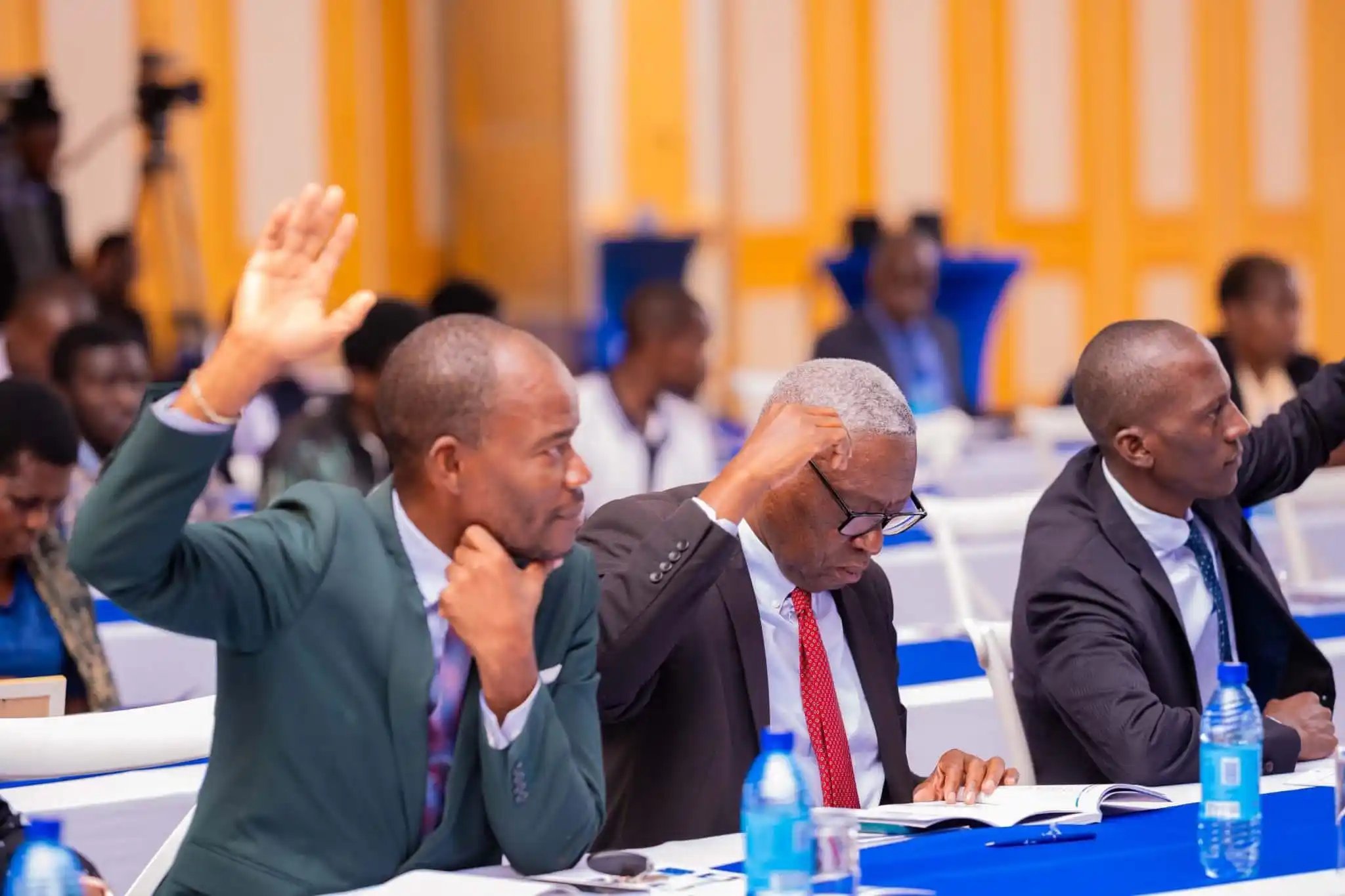
Contrary to provisions in the 1998 National Decentralisation Policy to have five percent of the country’s net national revenue devolved to local authorities, it has emerged that councils only handle one percent.
The councils say this is affecting implementation of development projects and their general operations.
The devolved levy to local authorities is supposed to include property and ground rates, fees and licences, casino and gambling fees, a share of toll fees, fuel levy or road maintenance levy and motor vehicle registration fees.
It was envisaged that the revenue would strengthen the capacity of local authorities to effectively and efficiently manage local governance and development which are drivers of quality public services.

But making a presentation during a Malawi Local Government Association (Malga) general assembly in Mzuzu recently, Lilongwe District Council director of finance Charles Mhone said the process was facing numerous challenges.
He observed that there is conflict in the laws, citing the Business Licensing Act 2014 which allows the local authorities to collect business licence fees on behalf of the central government and the Local Government Act which allows the councils to collect the same fees for their functions.
Said Mhone: “Some key sectors have only devolved recurrent budgets and not development budgets, while some have devolved more functions and not equivalent finances.
“Intergovernmental fiscal transfer formula has not been reviewed since 2002. Its formula is skewed towards local authorities with high population density.”
He said some sectors are implementing development projects such as the Malawi Education Reform Programme (Merp) by bypassing decentralisation structures.
Said Mhone: “Treasury’s reluctance to cede some of the taxes to local authorities has impeded local revenue growth at local level. What happened to toll gate fees in Dedza and Ntcheu? What about the Malawi Revenue Authority at Songwe in Karonga?
“The central government is reluctant to cede fuel levy and vehicle registration fees to local authorities. Most of the devolved revenues to councils are low-yielding and hard to collect.”
Malga executive director Hardrod Mkandawire in an interview said that last year, total expenditure stood at K4.2 trillion while net national revenues amounted to K2.2 trillion.
He said: “Five percent of the net national revenues mean local authorities were supposed to get K110 billion, which was supposed to be transferred to them. But the government transferred about only K21 billion to various local authority development funds. This represents about one percent of net national revenue.
“We need to legislate the threshold as is the case in other countries such as Kenya. In the meantime, we call upon the government to comply with the National Decentralisation Policy to start sharing the ceded revenues.”
In a separate interview, Catholic Commission for Justice and Peace national coordinator Boniface Chibwana said the required five percent is not even enough and it is unfortunate that it has never been disbursed fully to councils.
He said: “If we really want councils to be independent and execute local government initiatives that transform the lives of local people, then we need to walk the talk on fiscal decentralisation.
“If there are challenges that councils have in financial management then let’s build their capacities but we cannot incapacitate councils by not giving them enough resources.”
Chibwana argued that the Decentralisation Policy is failing to be actualised fully by deliberate efforts by the central government in clinging to powers and resources.
Meanwhile, Mhone has proposed a review of the Intergovernmental Fiscal Transfer Formula so that it should reflect the reality on the ground, as currently, it under or over-compensates some districts based on population.
He said: “The Ministry of Local Government should review the Local Government Act 1998 and make the five percent transfer into law so that the Treasury should always adhere to this.
“Local authorities through legislators should lobby Parliament to pass laws as enforcement mechanisms for ceded revenues to be collected and used by the councils.”
The Constitution under Section 150 places a duty on the central government to ensure that local governments have adequate resources to exercise their functions.







0 Comments